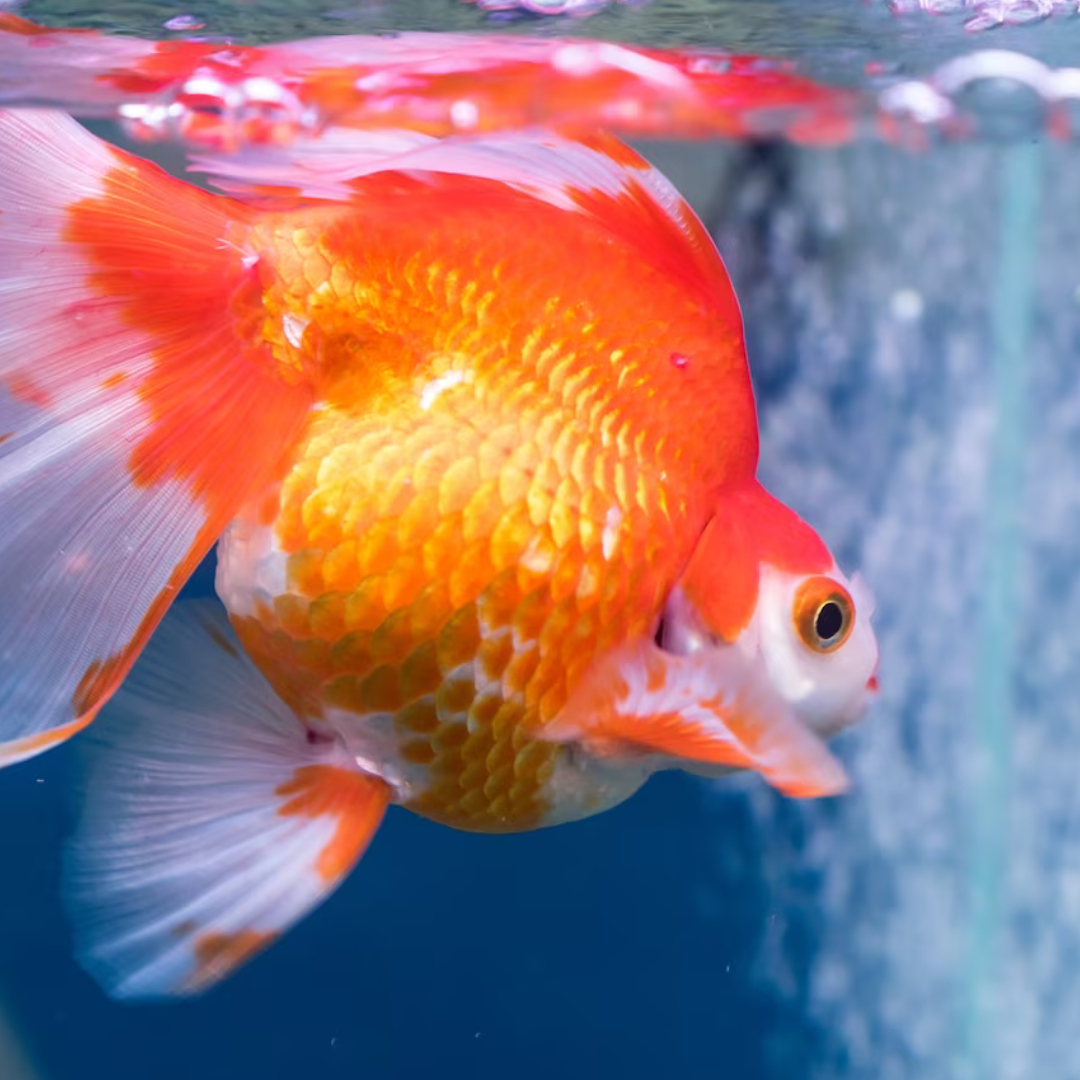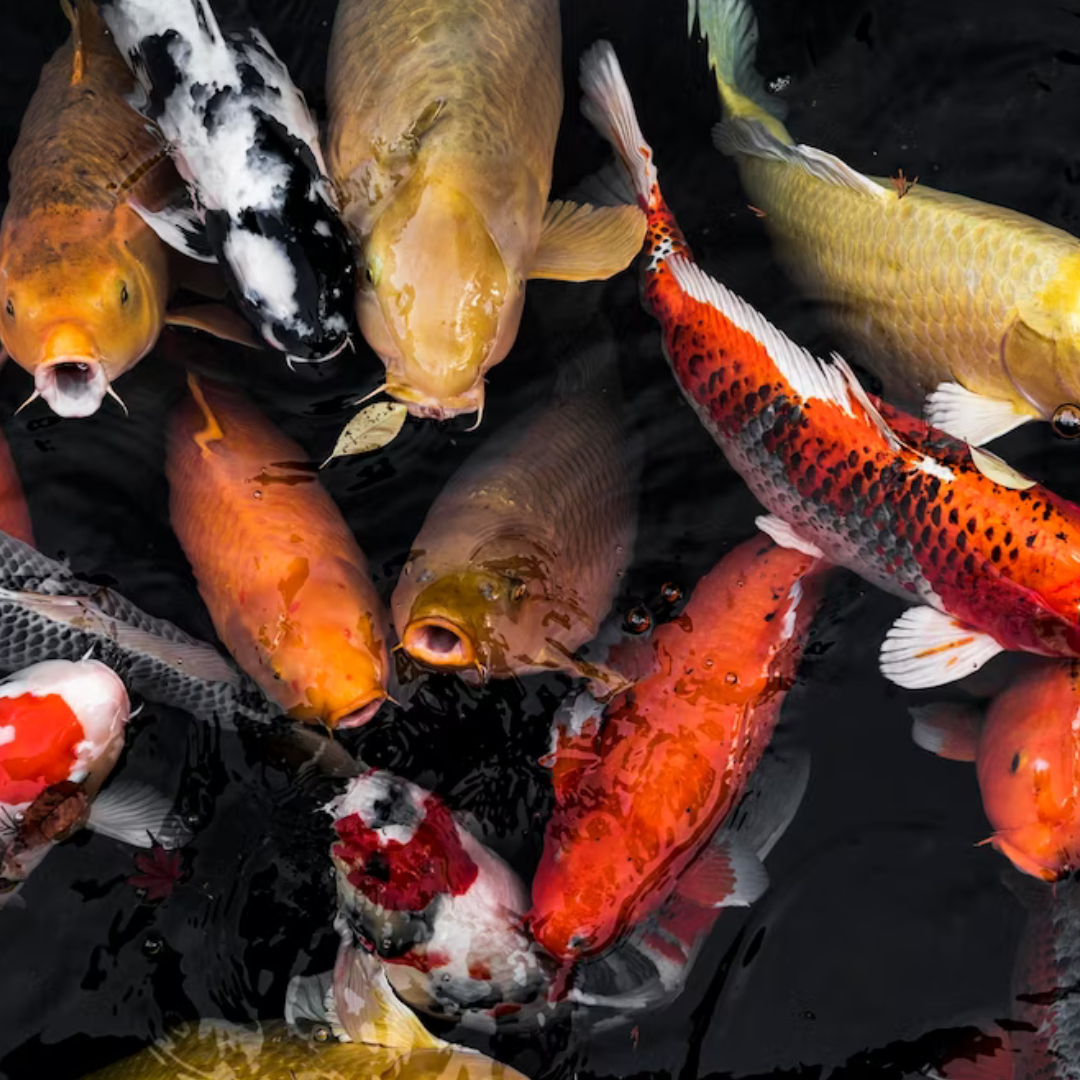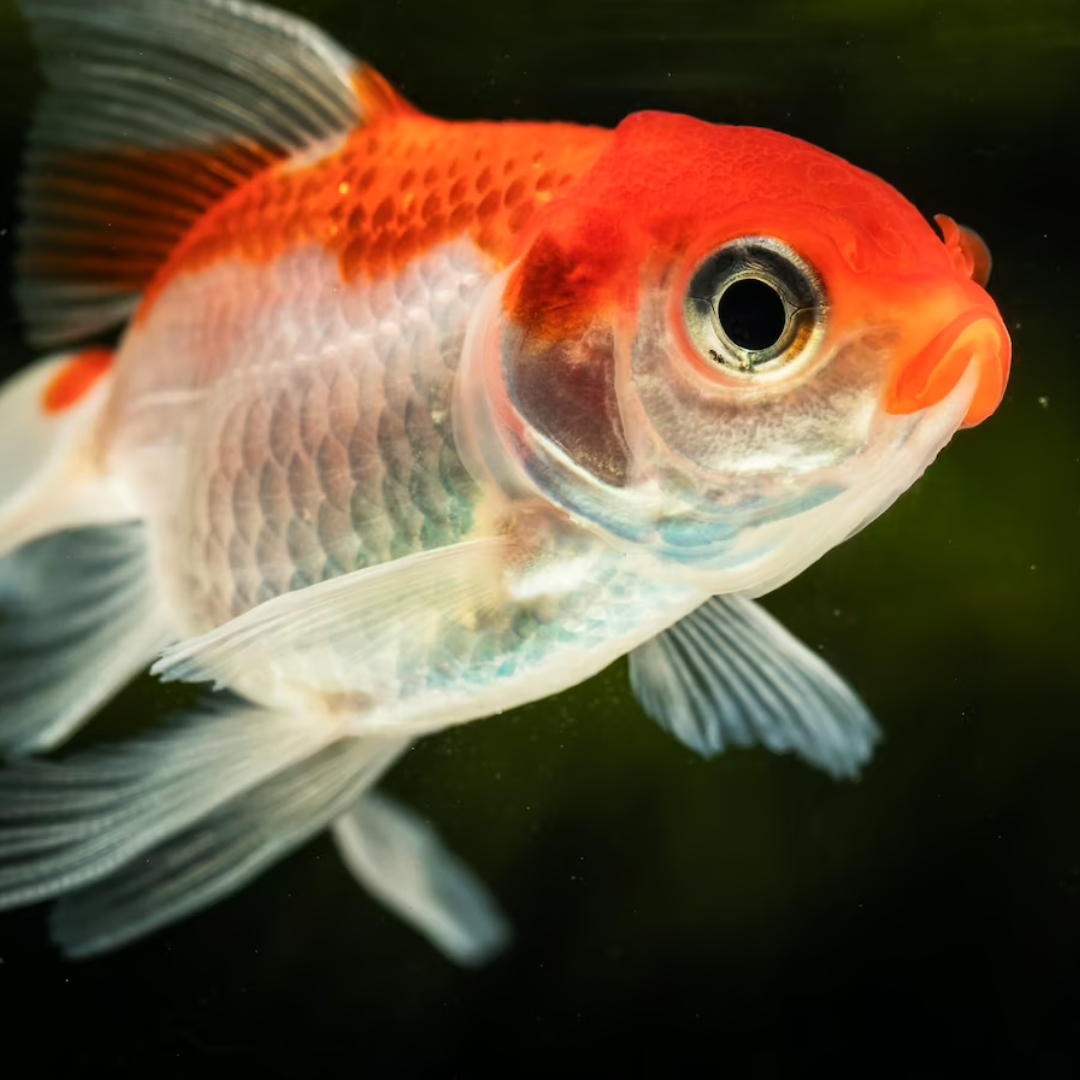Importing Freshwater Fish
The United Kingdom's fascination with freshwater fish has led to an increased demand for diverse species that are not native to its waters. As a result, the UK relies on importing freshwater fish to meet the desires of aquarium hobbyists, aquaculture farms, and the ornamental fish trade. Importing freshwater fish presents both opportunities and challenges. This article delves into the process of importing freshwater fish to the UK, examining the economic, environmental, and regulatory aspects associated with this practice.
Importing freshwater fish plays a crucial role in meeting the demands of the UK's aquarium industry, which has experienced significant growth in recent years. It allows aquarium enthusiasts and hobbyists to access a wide variety of exotic and colorful fish species that are not naturally found in the UK's water bodies. This import trade supports local businesses, including pet stores, aquarium suppliers, and online retailers, fostering economic growth and creating job opportunities within the industry.
- While the economic benefits of importing freshwater fish are significant, there are environmental considerations that must be addressed. Importing non-native fish species can pose a risk to the delicate balance of ecosystems if they escape into the wild. These introduced species may outcompete native species, disrupt habitats, and even cause ecological imbalances. Stringent regulations and inspection procedures are necessary to mitigate the potential risks associated with the introduction of non-native fish.
Furthermore, the transport and handling of imported freshwater fish can lead to stress, injuries, and disease outbreaks. Proper care must be taken to ensure the health and welfare of the fish during transportation and quarantine periods. Strict biosecurity measures, including quarantine facilities and health inspections, are vital to prevent the spread of diseases and parasites that could harm native fish populations.
To promote environmental sustainability, it is crucial to encourage responsible sourcing practices. Supporting certified and sustainable suppliers helps ensure that the imported fish are ethically and legally obtained, minimizing the impact on wild populations and their habitats.
- Import freshwater fish
- Import freshwater fish
- Import freshwater fish
Regulatory Framework
The importation of freshwater fish is subject to stringent regulations and requirements to protect the UK's ecosystems and aquatic biodiversity. These regulations are in place to prevent the introduction of invasive species, diseases, and parasites. Importers must adhere to licensing requirements, health certificates, and inspections to ensure compliance with biosecurity protocols.
The UK government, in collaboration with international bodies and organizations, establishes and enforces regulations governing the importation of freshwater fish. This includes monitoring and regulating the trade routes, quarantine procedures, and health standards for imported fish. Stringent enforcement and monitoring mechanisms are essential to prevent illegal trade and maintain the integrity of the ecosystem.
Importing freshwater fish to the UK provides economic opportunities and
caters to the diverse demands of the aquarium and aquaculture
industries. However, it is vital to address the potential environmental
risks associated with the introduction of non-native species and the
spread of diseases. Striking a balance between economic benefits and
environmental sustainability requires adherence to robust regulatory
frameworks, promoting responsible sourcing practices, and implementing
effective biosecurity measures. By considering these factors, the UK can
continue to enjoy the benefits of a thriving freshwater fish trade
while protecting its native ecosystems.
DOCUMENT REQUIREMENTS
- Certificate of Origin
- Bill of Lading
- Packing List
- Commercial Invoice
- Customs Clearance






